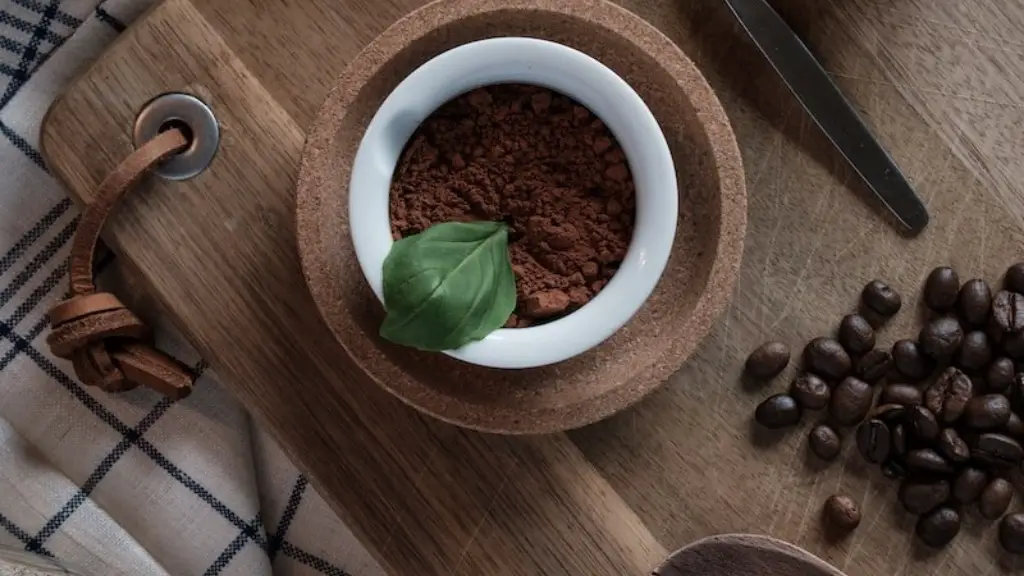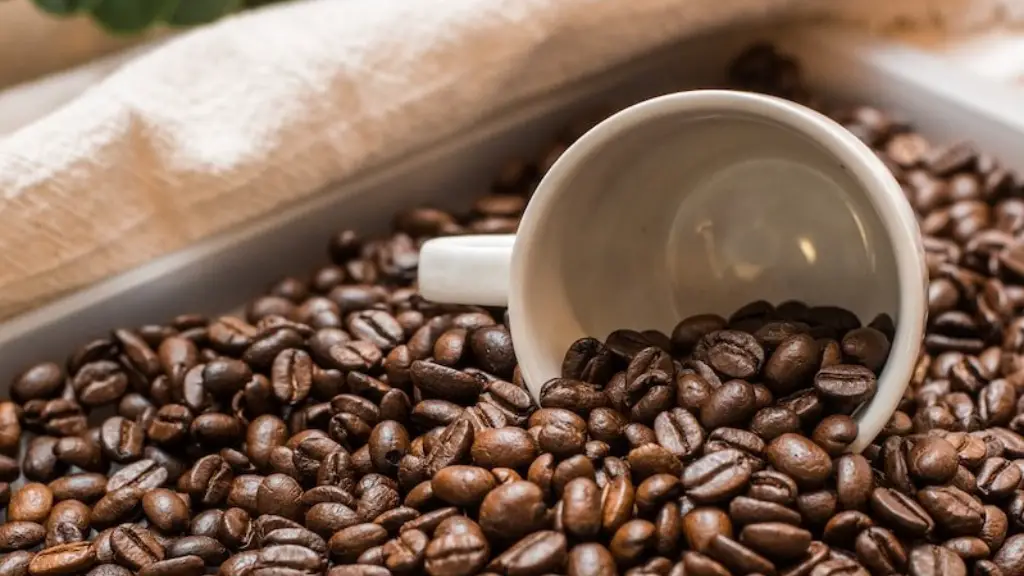Can You Drink Coffee Before a Testosterone Test?
Coffee is a widely popular beverage, enjoyed by many daily. But does that daily cup of java have any effects on a testosterone test? It has been a popular question for many who are about to get tested and would rather enjoy their morning coffees before such a test.
When it comes to testosterone tests, it is important to know whether or not caffeine consumption can have an effect. Testosterone is a hormone found in the body and is important for a number of bodily functions, including muscle and bone strength, fertility, and mental focus. With that being said, it is no surprise that many people are interested in knowing if coffee can have an effect on their testosterone levels.
Effects on Testosterone
Studies have shown that caffeine can potentially affect testosterone levels. Caffeine is a stimulant, meaning it can potentially stimulate testosterone production temporarily. But as with any stimulants, there can be an increased risk of fatigue and stress. Additionally, research has shown that excessive caffeine consumption can increase cortisol levels, which is detrimental to testosterone production.
This means that drinking coffee before a testosterone test can be counterproductive. It is not recommended to consume high amounts of coffee directly before a test, as it could lead to elevated cortisol levels, which can in turn lead to decreased testosterone levels. Additionally, excessive caffeine consumption can lead to other health consequences such as anxiety, insomnia, and digestive problems.
Recommendations
It is advised to cease coffee consumption 24-48 hours prior to a testosterone test. This will ensure that your testosterone levels are not affected by any caffeine consumption and will provide the most accurate results. Despite the recommendation to avoid caffeine consumption before a testosterone test, a light consumption of coffee, such as one cup a day, may have a minimal effect.
If you are unable to abstain from coffee consumption before a testosterone test, it is best to drink as little as possible prior to the test. In addition, avoid consuming other sources of caffeine such as tea, energy drinks and chocolates as they can also have an impact on your results.
Lifestyle Habits
It is important to point out that there are other lifestyle factors that can affect your testosterone levels. Poor diet and lack of exercise can lead to decreased testosterone levels. Alcohol consumption, especially in excess, can affect your testosterone levels as well. Smoking has also been known to have an effect on testosterone production.
These lifestyle habits can have an impact on testosterone levels and should be addressed if attempting to optimize your testosterone levels. Eating a healthy diet, exercising regularly, and avoiding excessive drinking and smoking are vital components to ensure optimal testosterone levels.
Testosterone Replacement Therapy
For those suffering from low testosterone, commonly known as Low-T, there is a possible solution. Testosterone replacement therapy (TRT) is a form of hormonal therapy that can help to replenish testosterone levels. This therapy is used to relieve symptoms associated with Low-T, such as decreased sex drive, fatigue, insomnia, depression, and bone and muscle loss.
Testosterone is available in various forms such as pills, gels, patches, and injections. It is important to speak with a medical professional before starting any kind of TRT, as there can be potential side effects. There is also the possibility of developing drug resistance with prolonged use of TRT.
Understanding Your Testosterone Levels
It is important to understand your testosterone level, as well as the medications and lifestyle habits that can potentially affect them. Being aware of your testosterone levels can help you to better manage any potential problems and ensure that you are healthy and functioning optimally.
Conclusion of Coffee Consumption
In conclusion, it is best to avoid consuming coffee prior to a testosterone test in order to get the most accurate results. Excessive caffeine consumption can lead to decreased testosterone levels and other health issues, although a light daily consumption of coffee is unlikely to have any significant effect. However, factors such as diet, exercise and alcohol consumption should also be taken into consideration to ensure optimum testosterone levels. Those suffering from low testosterone levels should consult with a medical professional before beginning testosterone replacement therapy.


